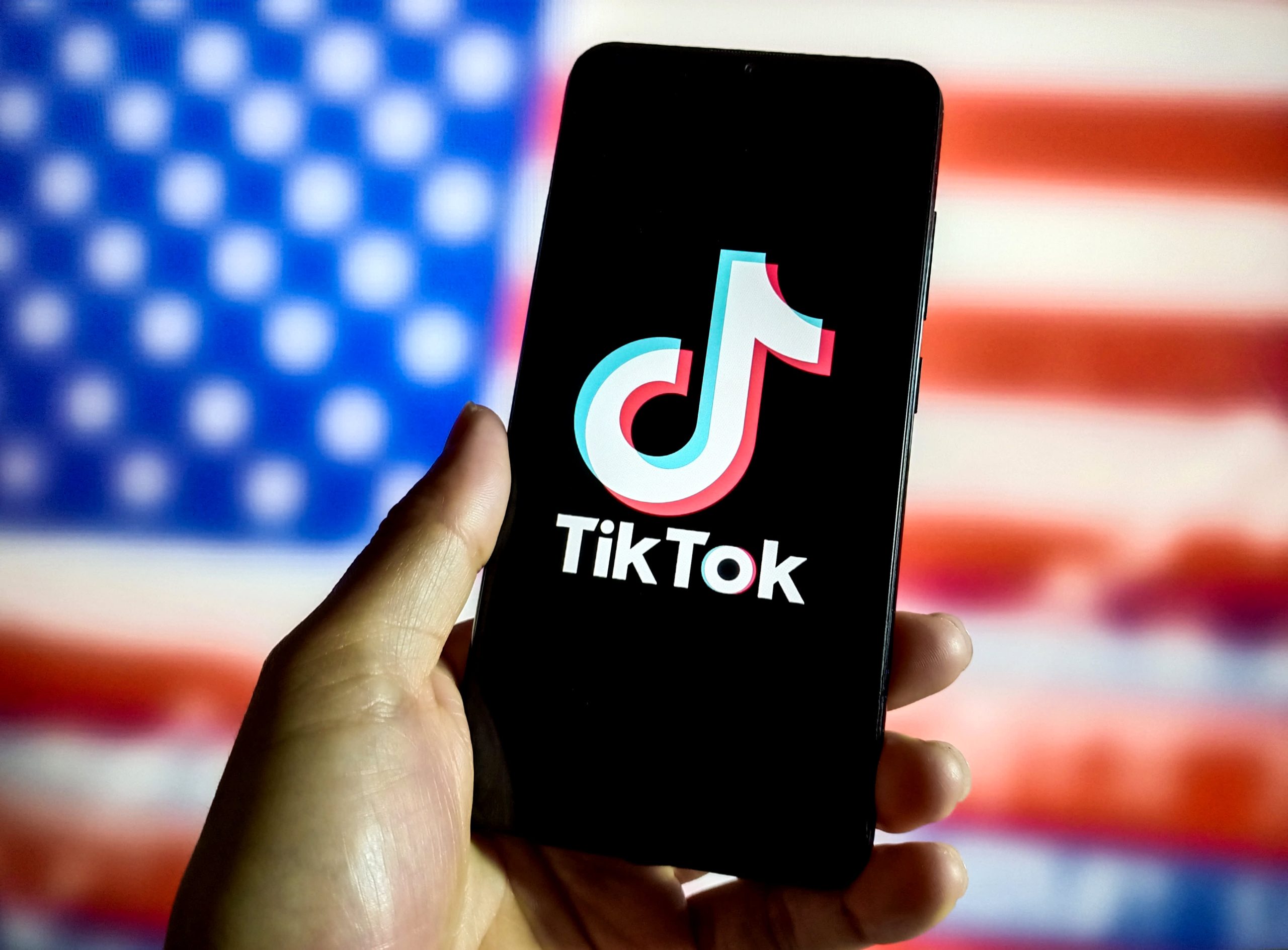The US House of Representatives has taken a significant step toward potentially banning TikTok in the country unless it separates from its Chinese parent company, ByteDance, within six months. While the bill has cleared the House, it now awaits approval from the US Senate to become law.
The bill, which addresses national security concerns associated with TikTok’s Chinese ownership, garnered substantial support in the House, receiving 352 votes in favor and 65 against.

Despite TikTok’s popularity among approximately 170 million US citizens, President Joe Biden has expressed his willingness to sign the bill into law if it passes the Senate.
The move to ban TikTok in the US stems from concerns regarding its Chinese ownership and the potential risks it poses to national security.
White House National Security Adviser Jake Sullivan clarified that the bill’s objective is not to ban TikTok outright but rather to end Chinese ownership of the platform.
However, the bill is complicated, particularly regarding the forced divestment of TikTok. This could lead to the parent company, ByteDance, being compelled to disclose information on US users under Chinese law. This scenario presents a significant national security risk and requires careful consideration.

TikTok has previously stated that it does not store US user data in China, but concerns persist regarding potential access to user information under Chinese jurisdiction.
In response to the bill’s advancement, TikTok expressed strong opposition, asserting that the legislation aims to impose a total ban on the platform in the United States, thereby infringing on the constitutional right to free expression of its 170 million American users.
Meanwhile, TikTok CEO, Shou Zi Chew, is scheduled to visit Capitol Hill for discussions with senators, as part of a previously planned trip.
This visit underscores the importance of dialogue between TikTok leadership and US policymakers amid the ongoing legislative debate surrounding the platform’s future.


